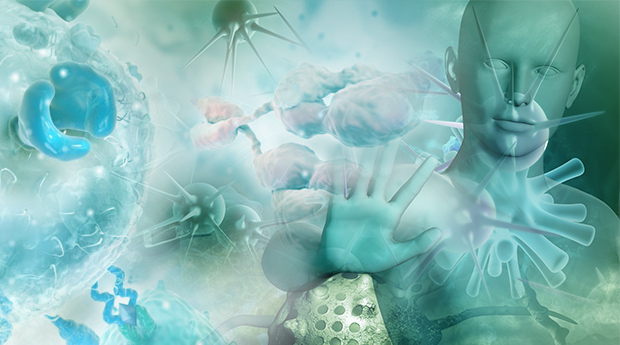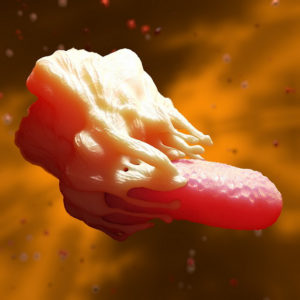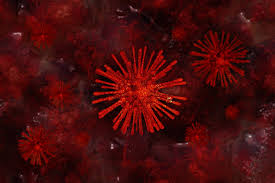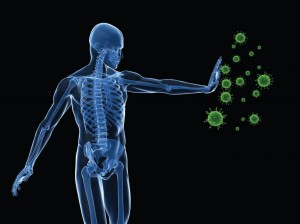Highlights
IDO1 and TDO2 catalyze the commitment and rate-limiting step of the KYN metabolic pathway that produces the endogenous AhR agonist KYN. Activation of AhR by KYN contributes to the immunosuppressive tumor microenvironment and supports cancer immune escape.
Three differential therapeutic modalities, each intercepting a unique node of the IDO1/TDO2–KYN–AhR enzymatic/signaling cascade, have been pursued for the development of novel cancer immunotherapies.
Inhibition of IDO1/TDO2 prevents the formation of the endogenous AhR ligand KYN. At least four small-molecule selective IDO1 inhibitors are in clinical development for the treatment of advanced cancers.
Systemic depletion of KYN prevents its engagement with AhR. Engineered kynureninase degrades extracellular KYN and shows remarkable efficacy in mouse tumor models.
Inhibition of AhR activation by synthetic AhR modulators: an advantage of AhR antagonists is to broadly inhibit the immunosuppressive effect of any endogenous and exogenous AhR ligands.
Indoleamine 2,3-dioxygenase 1 (IDO1) and tryptophan 2,3-dioxygenase 2 (TDO2) catalyze the commitment step of the kynurenine (KYN) metabolic pathway. Traditionally the immunosuppressive effect of IDO1 has been attributed mainly to reduced levels of tryptophan, which activates the kinase general control nonderepressible 2 (GCN2). Emerging data have shed light on an unexpected role of the ligand-activated transcription factor aryl hydrocarbon receptor (AhR) in transducing the tumor immune escape function imparted by IDO1 and TDO2. AhR activation by the IDO1/TDO2 product KYN leads to the generation of immune-tolerant dendritic cells (DCs) and regulatory T cells, which collectively foster a tumor immunological microenvironment that is defective in recognizing and eradicating cancer cells. Multiple IDO1 inhibitors have been evaluated in clinical trials. There are novel modalities downstream of IDO1/TDO2 for pharmacological interventions. We review recent progress and future perspectives in targeting the IDO1/TDO2–KYN–AhR signaling pathway for the development of novel cancer immunotherapies.







